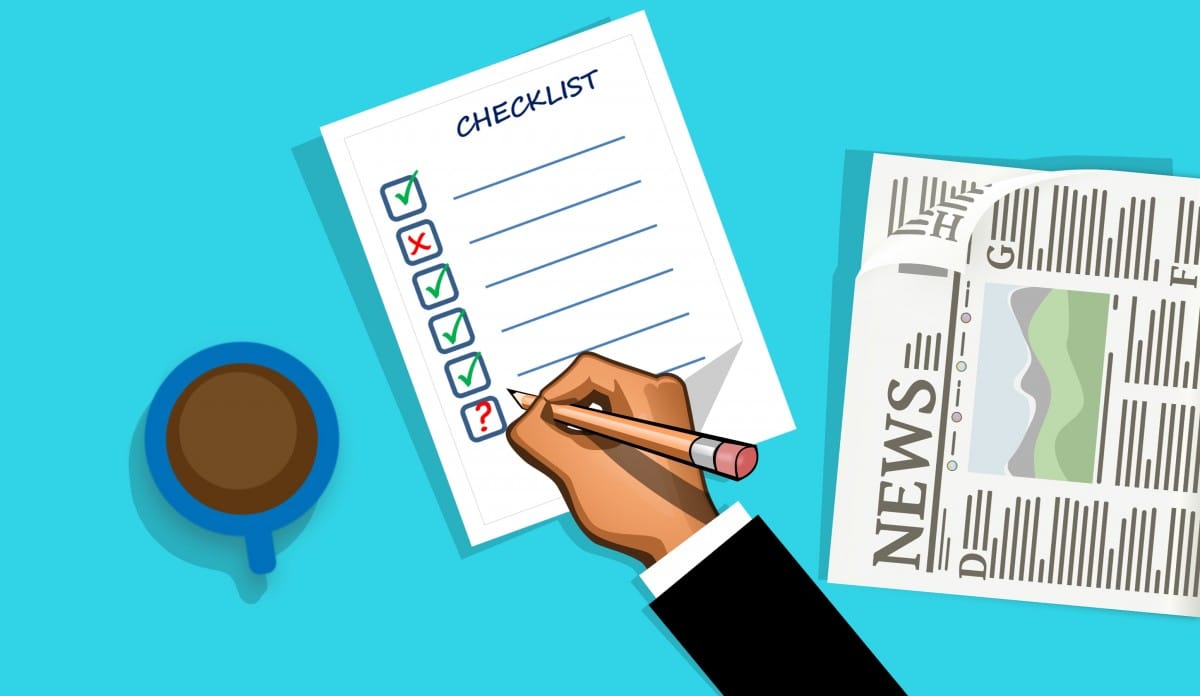- Process
- How Long Does It Take To Find A Job
- How To Find Internships
- How Many Internships Should I Apply To
- Networking Email
- Foreign Service Exam
- Working Abroad
- Organize Your Job Search
- How To Find A Second Job
- How To Get A Job In A New City
- Fun Facts About Me
- Job Search Burnout
- How Old Do You Have To Be To Work?
- Job Review Sites
- How To Become A Freelancer
- Picture
- Choose A Career
- Linkedin Optimization
Find a Job You Really Want In
Taking a job that allows you to travel abroad is a once-in-a-lifetime opportunity. Many people would be surprised to find that there are a wide variety of jobs available that can help you achieve this dream.
Various global companies offer opportunities everywhere. These opportunities aren’t restricted to just teaching gigs or translator jobs. There are diverse jobs across industries that will take your overseas and into a new lifestyle.
Whether you are just beginning your career journey, changing career paths, or exploring your retirement options, working abroad can fit your lifestyle, goals, and needs. Working abroad can mean different things to different people. Your experience will vary depending on where you want to go, who you want to work for, and how long you plan to stay.
There are a lot of things to consider when you’re planning to take a job abroad. It’s important to understand and think through each consideration carefully before diving into any job, especially if it requires you to be overseas.
Why Work Abroad?
There are a variety of different reasons to work abroad. Escaping the regular 9-5 job might be a goal in your career. Taking a career hiatus abroad while breaking out of the routine is one of the best ways to spend your time. Not only do you gain a global culture experience, but you get a more refreshed look at what you might really want to accomplish.
When choosing to work abroad, your typical visa will give you up to two years in the country where your job is. This helps you experience the country first hand and even fund some extra trips depending on your location. It allows you to break out of your comfort zone, meet people from different walks of life, and find your independence.
For many, working abroad is more of a life-changing experience. Some might choose to stay in the country where they’ve worked or return home with a fresh perspective on their culture and life. You will get the chance to make your own decisions and carve your path while you’re abroad, which is a wonderful way to find out more about yourself.
15 Things You Need to Know About Working Abroad
If you’re thinking about working abroad, ensure you’re critical about where you’re planning to move and that the employment contract you’re offered is beneficial for you.
-
Choose a helpful employer. Ensure that no matter what the position or company, if you’re being asked to relocate, you can get a fair relocation package and that your compensation is reviewed to adjust to the new cost of living.
A good employer will not only help you navigate the visa application process, but they should offer you support for relocating to a new area. This should include temporary housing stipends, payment for packing up your belongings and shipping them, assistance selling or renting your home, and, depending on your situation and what your company offers, assistance for your spouse.
Companies who are eager and willing to help make your transition overseas easier and likely set the pathway for your new adventure abroad.
-
Understand your visa. Visa applications, availability, and acceptance can be confusing. Use your human resources department for guidance. If your company isn’t helping you with this endeavor, be wary of the job you are about to take. Legitimate and well-run companies will always help their employees to navigate this confusing process.
Understand which type of work visa you have and what the conditions of it are if you are, for example, fired or decide to resign. Understand the visa you have for the country you’re in. Each country will have different types of work visas. Be sure you understand the regulations for the one you obtain.
Additionally, when going overseas, you’ll be entering different tax laws and banking protocols, so ensure you understand this before you enter the country. See what you’re classified as in terms of being an employee in your home country or an employee in your country abroad.
-
Don’t wait to apply for your visa. The process for obtaining a visa will not happen overnight. Forms can take up to months from having them filled out and sent in to actually receiving the visa in your hands. When you accept a position, ensure the company knows you’ll need to apply for a visa and do it right away. Leave yourself adequate time between receiving your visa and your travel date. Don’t leave it until the last minute.
-
Use your network. Reach out to anyone you or your friends know who is in the new country you’ll be living in. It’s important to have others outside of work that you can reach out to in case of an emergency or just for some company. These people can also help you with mentorship or introduce you to new friends or professional contacts.
-
Understand company culture. Before signing on with any organization, be sure you understand what type of culture you’re signing up for. Different countries may have different expectations or offerings, especially regarding vacation packages or your work-life balance.
Western countries have more strict working expectations than countries in the East. Be sure you’re prepared to meet these demands before you make the big move.
-
Know what you’re getting into. Ensure you understand the work culture of the place you’re planning to spend time in. For example, in Europe, you can be expected to give up to three months’ notice before leaving a position, so ensure you have the discussion before you take a job.
-
Prepare for a language barrier. Depending on where you’re moving to, you may be required to start getting deeper into a second language. In these situations, it’s essential to gain some basic conversational skills so that you’re prepared to navigate conversations by having important phrases in your back pocket.
This is incredibly significant, especially in your workplace, to help you feel more at ease with your colleagues. If you’re comfortable, the office is a great place to learn new slang and accents.
-
Avoid heavy packing. Even if your company is giving you funds to help with your move overseas, it’s important to travel as light as possible. When you bring all of your things with you overseas, you can often feel overwhelmed or even burdened by the things you’ve brought from home.
You can look into renting furnished apartments or homes that you can live in without the headache of needing to move furniture. It also makes the trip back home much more manageable.
-
Understand your taxes. This part will differ for companies, employees, and place of work. You may be required to file your taxes with the U.S. IRS if you are an American. Don’t fall into the trap of paying two sets of different taxes. Ensure you understand how to properly report international taxes so that you can avoid the extra cost.
-
Think about a credit card. Getting credit in a foreign country is nearly impossible, making it very difficult to get a credit card. Before you leave your home country, ensure you’re signed on with an international credit card company so that you can transfer the card to your new location. Sometimes your employer will help you with this process, but if not, make sure you are prepared.
-
Do your research on banking protocols. Similar to a credit card, getting a bank account set up overseas can be difficult. Research how to do this before you make the journey overseas. Look into local banks and their requirements on minimums, timing on transfers, fees, and online accessibility.
-
Seek out fellow travelers. Working abroad can be lonely and sometimes even isolating, so it’s crucial that you make an effort to find friends that you can rely on during your time overseas.
See if you can find a group that participates in a hobby you might like or go somewhere you enjoy and try to strike up a conversation. You can join a gym, a class, or even search on local ex-pat websites to find a local meetup. Seeking out individuals who are in similar situations is vital for your wellbeing.
-
Take some time to appreciate the local culture. Read magazines, books, and watch movies or television of the country’s local pop culture before you get there. This will help you pick up on local lingo and give you a jumping-off point to start a conversation. It might also give you ideas on places you’ll want to visit or different activities you might want to participate in.
-
Understand transportation options. In new countries, transportation options may differ widely, especially from what you’re used to at home. If you plan to drive, understand how long it takes to get a driver’s license in the new country and if your existing one will be valid.
If you’re not comfortable driving a car in the country you’re in, understand how the local transportation system works and if your employer covers it.
-
Don’t forget your visa. One of the most important things you need to keep tabs on is your visa. You’ll need to pack your passport and your visa when traveling, as well as all of your visa paperwork for admittance. It may not be required, but it’s important to have it on your person when traveling between countries just to be sure.
Final Thoughts
Traveling abroad and setting up your life and a new career overseas can feel daunting. But if you’re prepared, your journey will be much smoother. If you’re contemplating a move overseas, be sure to do plenty of research on the country, company, and talk to other people who have made a similar move.
- Process
- How Long Does It Take To Find A Job
- How To Find Internships
- How Many Internships Should I Apply To
- Networking Email
- Foreign Service Exam
- Working Abroad
- Organize Your Job Search
- How To Find A Second Job
- How To Get A Job In A New City
- Fun Facts About Me
- Job Search Burnout
- How Old Do You Have To Be To Work?
- Job Review Sites
- How To Become A Freelancer
- Picture
- Choose A Career
- Linkedin Optimization





